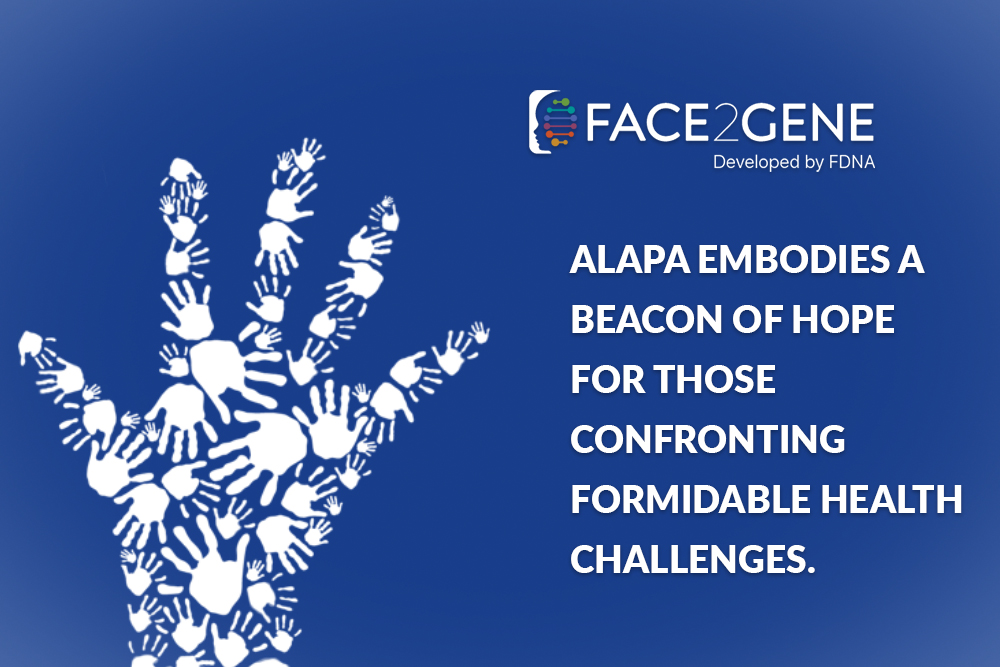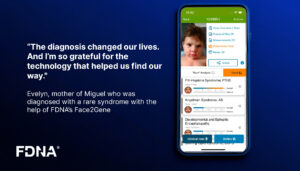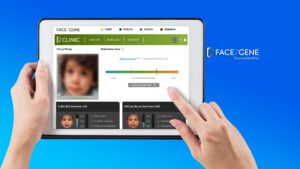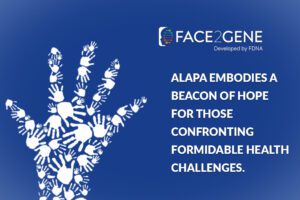In 2019, Argentina witnessed the emergence of a beacon of hope for individuals grappling with complex health challenges. The Argentine Alliance of Patients (ALAPA), a non-profit organization, came into being through the vision and determination of two remarkable women: Florencia Braga and Carolina Oliveto. Their direct connection to Stargardt disease, with Carolina as a patient and Florencia as a family member of someone affected, served as the catalyst for establishing an association under the motto ‘We are no longer alone’.
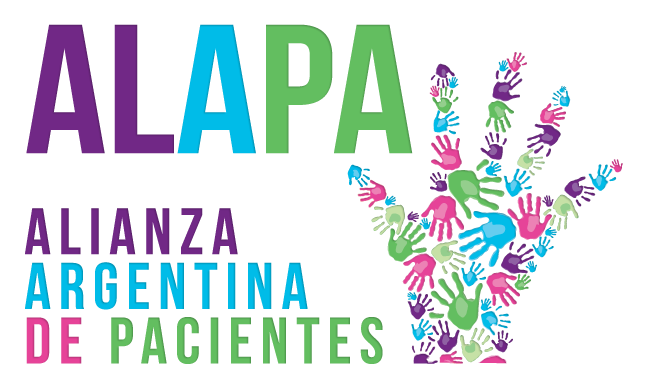
ALAPA’s objectives are both clear and ambitious: to advocate for patients’ rights across all domains, foster national scientific development, assist in coordinating clinical trials for emerging treatments, engage in health and science-related political endeavours, and much more. But how do these objectives materialize into actionable initiatives?
Carolina Oliveto explains: “one of ALAPA’s most crucial lines of action involves training and empowering patient groups.” She elaborates that participatory events and workshops not only facilitate connections between the medical community and patients but also provide essential platforms for sharing experiences and knowledge. “The dissemination of information regarding diseases and treatment options is equally vital in an environment where medical lack of pertinent knowledge can pose a significant barrier to adequate care.”
Addressing barriers, patients grappling with rare conditions like Stargardt encounter multifaceted obstacles. From a lack of pertinent knowledge to the scarcity and exorbitant costs of treatments, the quality of life for these individuals can be severely compromised. “My experience with the diagnosis of Stargardt disease was challenging and emotionally draining. At the age of 12, I began experiencing significant visual difficulties, such as letter blending and reading impairment,” recalls Carolina.
For many, the journey to a definitive diagnosis is fraught with emotional and physical challenges, as exemplified by Carolina’s narrative. “However, initially, medical professionals did not take my complaints seriously and even questioned the veracity of my symptoms, believing I was exaggerating or lying about my visual capacity. It was a deeply frustrating and disorienting time for me, as I struggled to comprehend what was happening and felt misunderstood,” she shares.
Yet, for Carolina, the Stargardt diagnosis brought both relief and the harsh reality of living with an incurable condition. Nonetheless, her story is also a testament to resilience and adaptation. Through the understanding and support fostered by organizations like ALAPA, patients can discover innovative ways to surmount obstacles and forge ahead with their lives.
Ultimately, ALAPA transcends mere organizational status; it embodies a beacon of hope for those confronting formidable health challenges. Through the tireless efforts of individuals like Florencia and Carolina, patients’ voices amplify, and their path towards quality healthcare becomes clearer. Because, as ALAPA’s motto resoundingly declares, they are no longer alone.
About ALAPA
The non-profit Civil Association ALAPA aims to provide support and seek solutions for patients and families diagnosed with genetic, rare, chronic, or difficult-to-diagnose diseases, as well as disabilities, degenerative conditions, or orphaned treatments.
